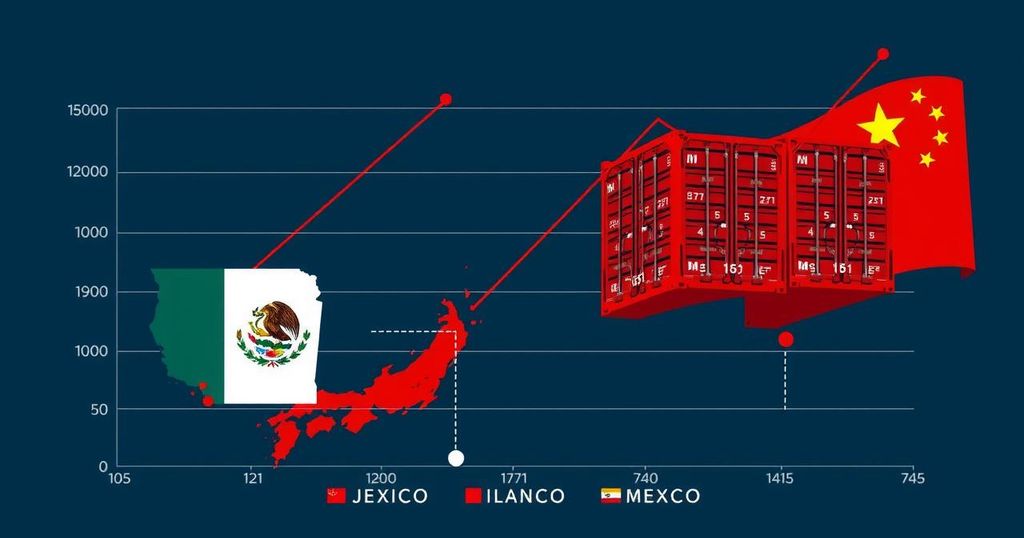Apple’s AI Initiative Faces Significant Challenges in China
Apple is struggling to introduce its AI-powered iPhone in China due to stringent regulatory requirements. The Chinese government insists that foreign companies must collaborate with local firms for approval, complicating Apple’s efforts to launch its AI feature, Apple Intelligence. Concurrently, domestic competitors are advancing rapidly, prompting Apple to navigate these challenges carefully.
Apple Inc. is reportedly encountering significant challenges in its efforts to deploy its AI-enhanced iPhone in China. As articulated by government officials, foreign technology corporations must undergo a “difficult and long process” for approval to introduce their products unless they collaborate with domestic companies. These remarks surfaced during CEO Tim Cook’s recent visit to China, aimed at navigating the complex regulatory landscape as Apple aspires to launch Apple Intelligence, its proprietary AI feature, that has begun to be integrated into devices sold in the United States. Discussions with various Chinese tech firms have been initiated to facilitate this launch, along with considerations of operating proprietary large language models (LLMs) within China. However, an official from China’s Cyberspace Administration indicated that utilizing approved LLMs from local enterprises would allow for a more straightforward approval process.
The dynamics of the Chinese technological landscape necessitate a nuanced understanding for foreign companies seeking to penetrate this market. Apple’s ambitious strategy to introduce AI technology hinges not only on innovative advancements but also on conformity with stringent regulatory requirements imposed by the Chinese government. Local partnerships are essential for foreign firms to navigate these hurdles effectively. Furthermore, the competitive environment involving domestic giants like Baidu, Tencent, and Alibaba intensifies the urgency for Apple as they race to incorporate AI innovations that may redefine consumer interactions within the digital sphere.
In conclusion, Apple’s aspirations to integrate its AI capabilities into the Chinese market face considerable barriers due to governmental regulations and the competitive landscape. The necessity for local collaborations and the potential of utilizing sanctioned foreign AI models highlight the complexity of establishing a foothold in this lucrative market. As the tech industry rapidly evolves, such challenges will test Apple’s resilience and strategic adaptability in the realm of artificial intelligence.
Original Source: www.pymnts.com








Post Comment